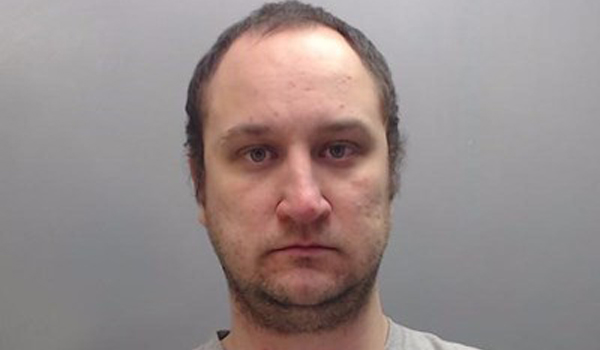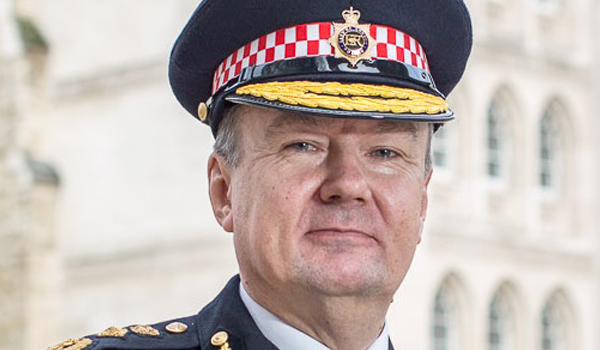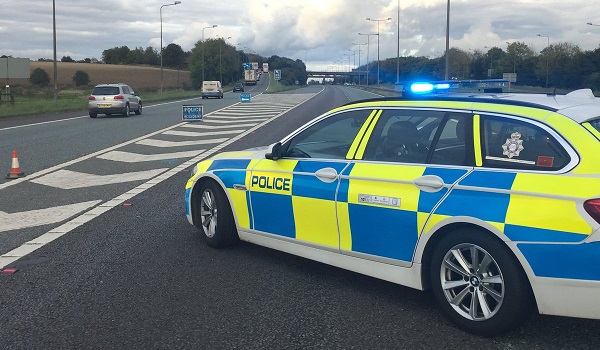Police regularly accuse young sexual abuse survivors of lying, report finds
Young victims and survivors of child sexual abuse are often accused of lying when trying to report the abuse to police, a report from the Independent Inquiry into Child Sexual Abuse has revealed.
Police and other professionals were also said to be dismissive of peer-on-peer abuse, with a tendency to label it as ‘domestic’ or blame the victim.
The new report, Engagement with Children and Young People, spoke to 56 victims and survivors of child sexual abuse between the ages of 11 and 21, and 77 specialist child sexual abuse support workers.
Some young victims and survivors told the inquiry that the police had managed their privacy and confidentiality concerns poorly, which in some cases led to retaliation from people associated with the abuser. Many young victims and survivors said “the system” takes over after they disclose the abuse, making them feel disempowered and deterring them from sharing information again.
Young victims and survivors also told the inquiry not enough was being done within schools to recognise and respond to child sexual abuse and exploitation, with many saying they experienced insensitive responses when trying to tell someone about the abuse. The inquiry heard of an incident in which a teacher stopped a pupil midway through a disclosure, saying, “don’t tell me because I will have to repeat this”. Another had signposted the child to Childline rather than facing the conversation.
The overwhelming majority of young victims and survivors shared negative experiences of their involvement with the NHS-run Child and Adolescent Mental Health Services (CAMHS). It was said most CAMHS services did not understand the impact of child sexual abuse on a child’s emotional and mental health, and that several young victims and survivors said the service would only see them if they were suicidal.
The report also found that relationships and sex education in schools had been largely inadequate, with some children receiving no lessons on it at all. For others, the scope and quality of material covered was poor, with only the very basics being taught and little or no information about child sexual abuse.
Social media and the internet were also highlighted as threatening challenges and an evolving risk for children and young people. Many were surprised that technology is not being used to strengthen identity verification controls, comparing how easy it is for children to access online sites with how difficult it can be for an adult to get into their own banking app. The young victims and survivors we heard from made clear that social media companies are responsible for keeping the people who use their apps safe.
The 43-page report is part of the inquiry’s ongoing work examining how organisations are failing to protect children from sexual abuse.







